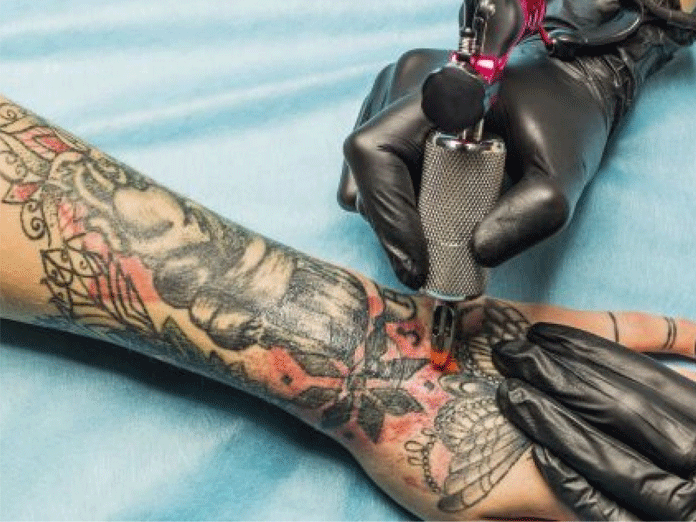Tattoos can affect mental health: Study

Love to get inked Beware, tattoos can take a toll on your mental health, warned a new study
Love to get inked? Beware, tattoos can take a toll on your mental health, warned a new study.
Researchers from the University of Miami in the USA showed that although having tattoos was not significantly related to overall health status, individuals with tattoos were more likely to be diagnosed with a mental health issue and report sleep problems.
People who had tattoos were also more likely to be smokers, spent time in jail, and had a higher number of sex partners, said the study published in the ‘International Journal of Dermatology’.
For the study, researchers included a sample of 2,008 adults.
"Previous research has established an association between having a tattoo and engaging in risky behaviours. In an era of increasing popularity of tattoos, even among women and working professionals, we find these relationships persist but are not associated with lower health status," said lead author Karoline Mortensen, Professor at the varsity.
New experimental vaccine offers hope against malaria
New York (IANS): An experimental new malaria vaccine is offering potentially long-lasting immunity against the persistent parasite that sickens hundreds of millions of people each year, a study suggests.
Most vaccines are designed to encourage the human body to respond to invading, disease-causing pathogens by creating antibodies that disable those pathogens.
However, the new vaccine takes a different approach by using a weakened form of a common herpes virus - cytomegalovirus, or CMV - that infects most people without causing the disease.
This new vaccine reduced the malaria-causing parasite's release from the liver and into the blood of infected rhesus macaques by 75 to 80 per cent, reported the paper published in the journal PLOS ONE.
"The problem with most vaccines is that their effectiveness is often short-lived," said lead author Klaus Fruh, professor at the Oregon Health and Science University in the US.
"Our cytomegalovirus-based vaccine platform can create and keep immunity for life. With further research and development, it could offer a lifetime of protection against malaria," Fruh added.
Malaria is a serious and sometimes fatal disease caused by Plasmodium parasites, which are spread to humans through mosquito bites.
It can cause high fevers, shaking chills, flu-like illness and, in the worst cases, death.
Worldwide, 216 million people were infected with malaria in 2016, leading to 445,000 deaths.














